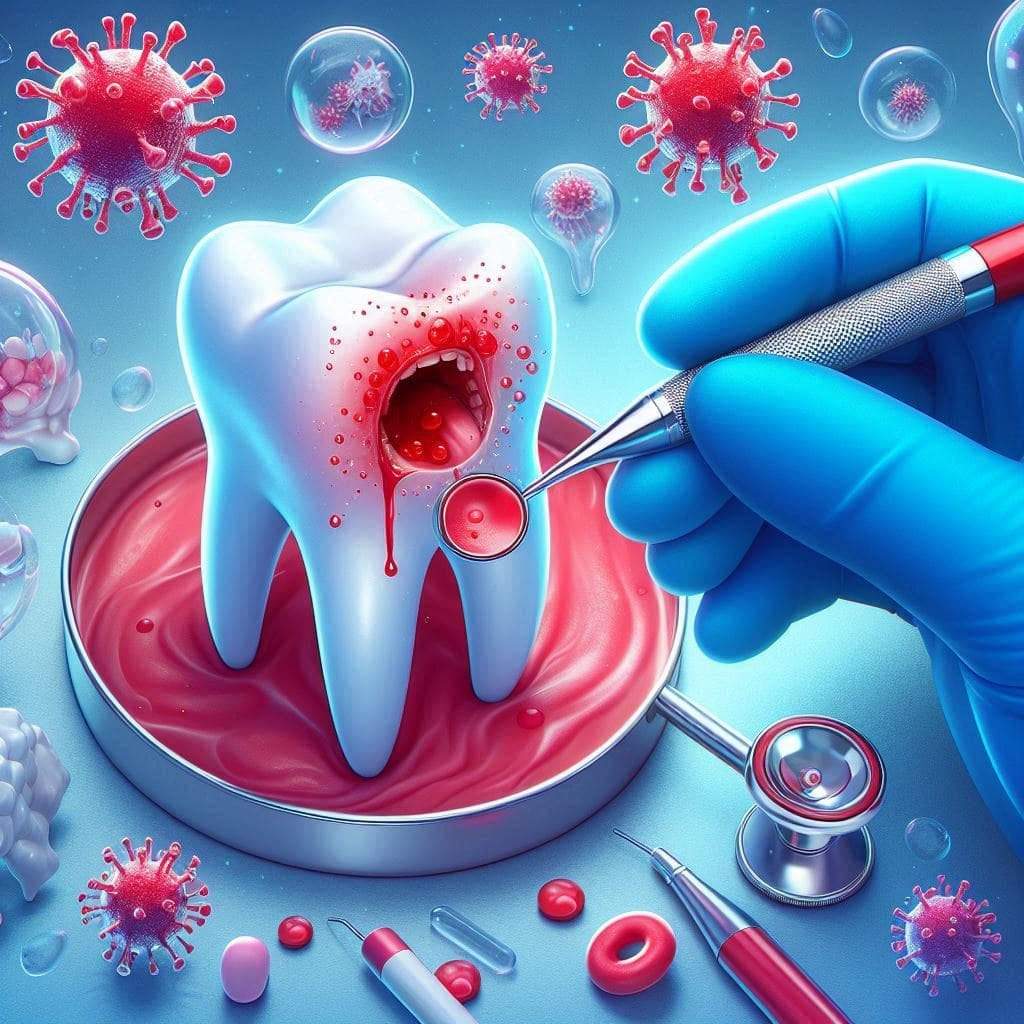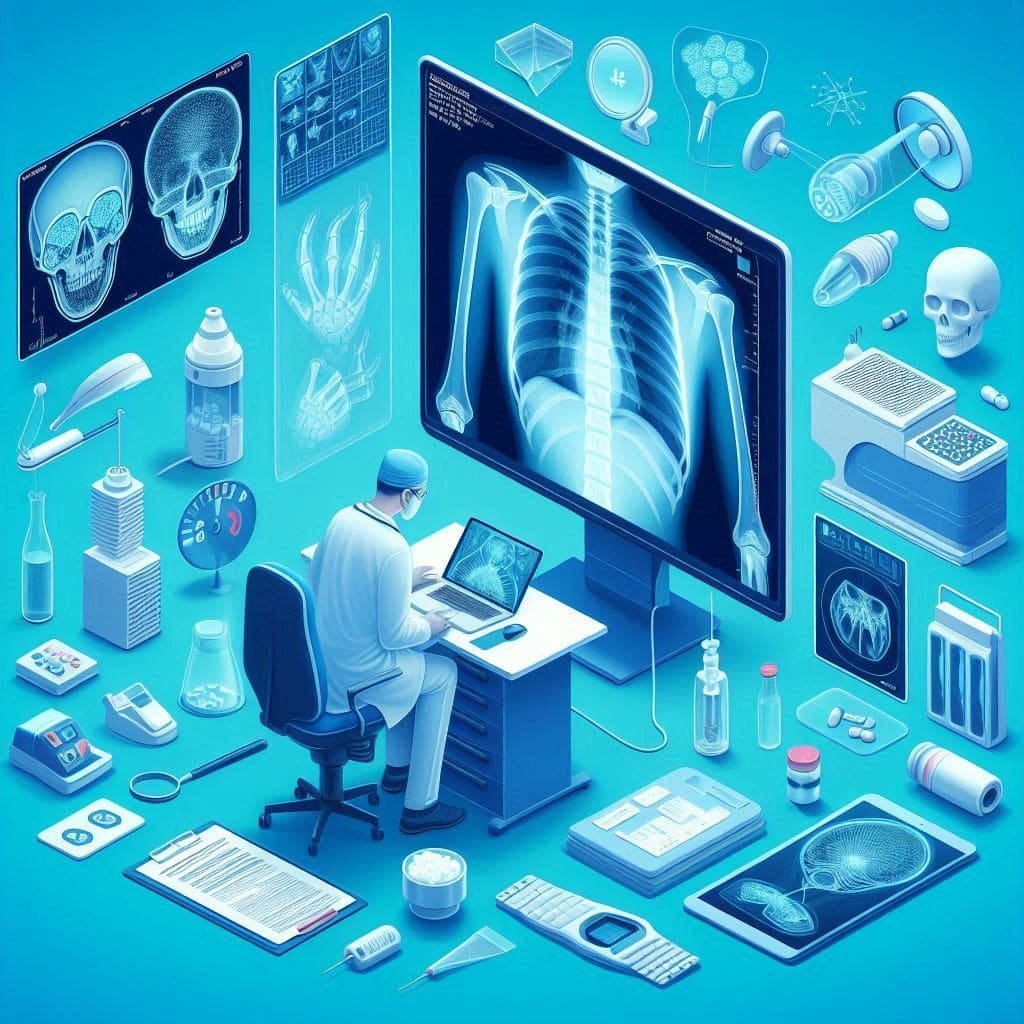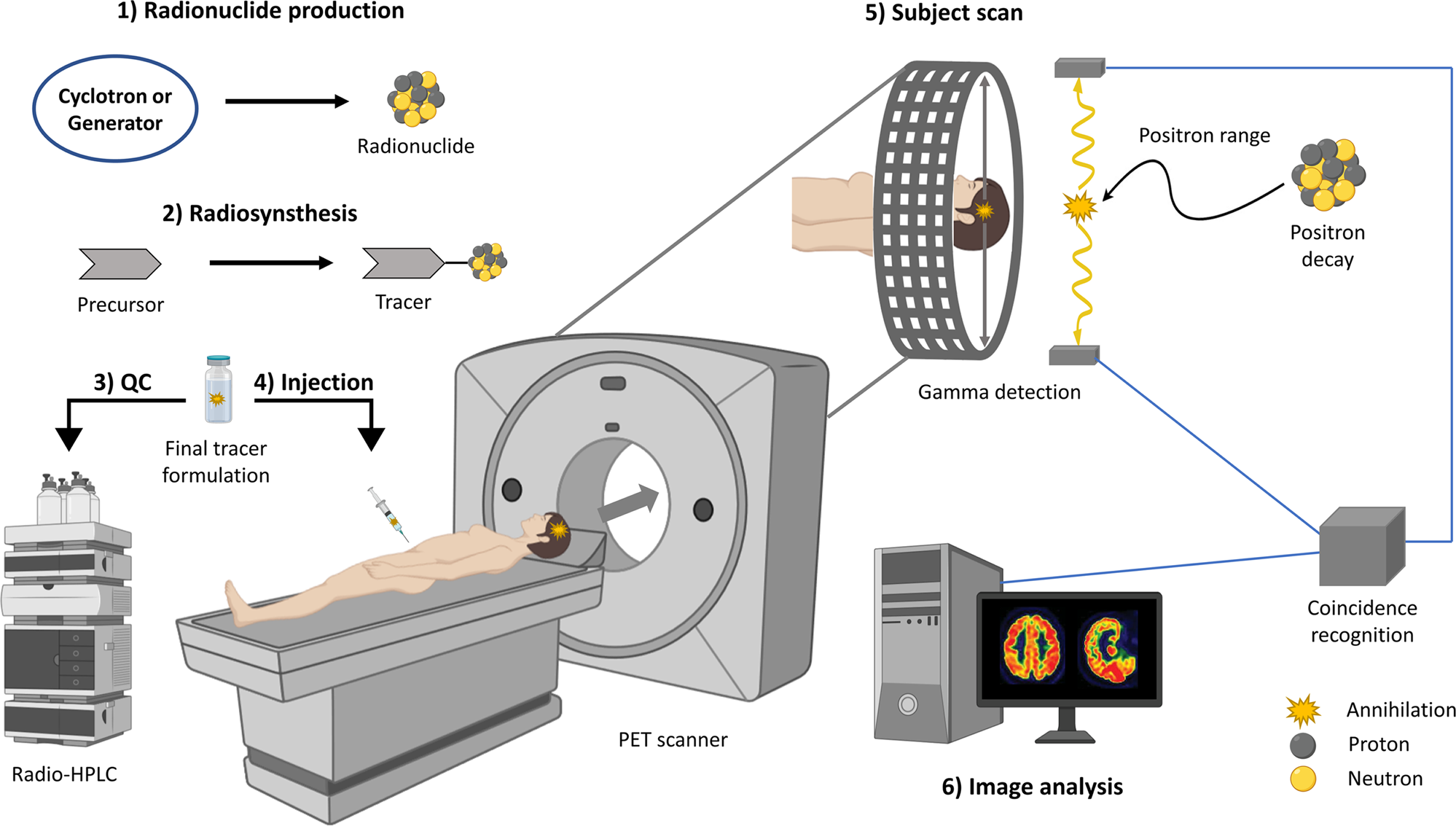
Does Tooth Inflammation Show Up in Blood Tests?
Tooth Inflammation and Overall Health: Understanding the Relationship and the Importance of Medical Tests
Tooth inflammation is not merely a localized issue affecting the mouth but can also be an indicator of broader health problems that may impact the entire body. To understand the relationship between oral health and overall health, it is essential to highlight how tooth inflammation affects general health and how medical tests can be used to diagnose and monitor this relationship effectively. In this context, we will explore common questions and answers related to this topic and examine how to integrate the results of medical tests into comprehensive healthcare.
Does Tooth Inflammation Show Up in Blood Tests?
When discussing tooth inflammation, many people may wonder if medical tests can reveal this inflammation. In reality, several tests can provide indications of inflammation in the body, including tooth inflammation. However, it is important to understand the limitations of these tests and how to use them correctly.
Inflammatory Protein Test: The test for inflammatory proteins, such as C-reactive protein (CRP), is one of the primary tools for detecting inflammation in the body. An increase in CRP levels can indicate the presence of acute inflammation, but this test does not specify the exact location of the inflammation. For example, if there is tooth inflammation, CRP may be elevated, but it cannot determine whether the source of the inflammation is the teeth or elsewhere.
Erythrocyte Sedimentation Rate (ESR): This test measures the rate at which red blood cells settle in a blood sample. An increased sedimentation rate can be an indicator of inflammation in the body, including tooth inflammation. However, this test does not provide specific information about the source of the inflammation.
White Blood Cell Count: An elevated white blood cell count in the blood indicates an immune response to an infection. An increased white blood cell count may suggest the presence of tooth inflammation, but like other tests, it does not accurately identify the location of the inflammation.
Although these tests can reveal the presence of general inflammation in the body, an accurate diagnosis of the source of the inflammation requires additional examinations by a dentist. Clinical examinations such as X-rays and visual inspections of the teeth are essential for accurately determining the source of the inflammation.
The Relationship Between Oral Health and Overall Health
Oral health is a vital indicator of an individual’s overall health status. Recent research has shown strong links between oral health and general health, making it essential to care for oral health as part of comprehensive healthcare. Here are some key points that highlight this relationship:
Heart Diseases: Studies indicate that gum disease and tooth inflammation may be associated with an increased risk of heart diseases. It is believed that bacteria responsible for gum disease can enter the bloodstream and lead to increased inflammation in blood vessels, contributing to the development of heart diseases. The presence of bacteria in the mouth can increase the likelihood of arterial sclerosis, which can lead to serious heart problems such as heart attacks.
Diabetes: There is a close connection between diabetes and oral health. People with diabetes are more prone to gum diseases and oral infections. Conversely, gum infections can affect blood sugar levels, making it harder to control diabetes. Gum inflammation can exacerbate diabetes by increasing blood sugar levels.
Respiratory Problems: Research suggests that oral bacteria may contribute to the development of some respiratory issues, such as pneumonia. When a person inhales bacteria from the mouth, it can reach the lungs and cause infections, especially in individuals with weakened immune systems or other health conditions that increase the risk of respiratory infections.
Pregnancy Issues: Pregnant women who suffer from gum disease may be more likely to experience pregnancy problems such as preterm birth and low birth weight. Oral infections can affect pregnancy health and increase health risks. Gum inflammation can lead to increased secretion of certain chemicals that may affect the health of the fetus and increase the risk of complications.
When Do You Need to Get Blood Tests to Check Oral Health?
Medical tests are a crucial tool for assessing oral health and general health, but when is it necessary to conduct these tests? There are specific situations that may require blood tests to check oral health:
When There Are Unexplained Inflammation Symptoms: If you experience symptoms of tooth inflammation such as persistent pain, bleeding, or swelling, and there is no clear explanation through physical examination alone, medical tests may be useful in determining if there is general inflammation in the body. For example, if you have severe tooth pain accompanied by a fever, this may indicate widespread inflammation that may require additional tests.
When There Are Chronic Health Issues: If you have chronic health conditions such as diabetes or heart diseases, medical tests may be necessary to assess how these conditions affect your oral health and vice versa. Tests can help determine whether oral infections impact chronic health conditions or if chronic conditions affect oral health.
To Evaluate Treatment Response: If you are undergoing treatment for oral infections or other health issues, medical tests may be useful in evaluating the effectiveness of the treatment and determining the improvement in your condition. For example, if you are receiving treatment for tooth inflammation, tests can help determine if there is improvement in inflammation levels in response to treatment.
As Part of Routine Examinations: For individuals with increased risk factors for oral diseases, medical tests may be part of routine examinations to monitor oral health and overall health. It may be useful to conduct periodic medical tests to ensure that there are no hidden infections or health issues that could impact general health.
The Role of Dokki Scan in Providing Testing and Treatment Services
At Dokki Scan, we are committed to providing the best services for diagnosing and treating health issues, including those related to oral health. We offer a range of medical tests and examinations, including:
Clinical Examinations: These include visual inspections of the teeth, assessment of gum condition, and detection of any signs of inflammation or infection. This examination helps in providing an accurate preliminary diagnosis and determining the need for additional tests.
X-Rays: X-rays provide accurate insights into the internal condition of the teeth and roots. X-rays help in detecting issues that may not be visible during a visual examination, such as deep decay or root problems. This type of examination enhances the ability to provide appropriate treatment and improves accurate diagnosis.
Laboratory Tests: These include tests to detect inflammation such as inflammatory proteins and erythrocyte sedimentation rate, as well as blood chemistry tests to identify health issues that may affect oral health. These tests help provide deeper insights into oral and overall health conditions.
Our specialized medical team uses the latest technologies to provide accurate diagnoses and comprehensive care. We aim to guide patients toward the best treatment options based on test results and examinations, ensuring that each patient is in optimal health.
We recognize the importance of routine examinations and evaluating oral health as part of overall healthcare. By providing advanced testing and treatment services, we are here to support you and ensure that you receive the care you need to maintain your overall health and oral health.
If you are seeking advanced and integrated care for your teeth and overall health, we invite you to visit our website or contact us for the support you need. We are here to provide you with the best healthcare to ensure your oral health and general well-being.
By offering precise analysis and integrated care, we work to ensure that there are no undetected health issues that could impact your overall health. We believe in the importance of routine examinations and early treatment to maintain your oral health and enhance your general health.
Latest Blogs
- All Posts
- Blog











